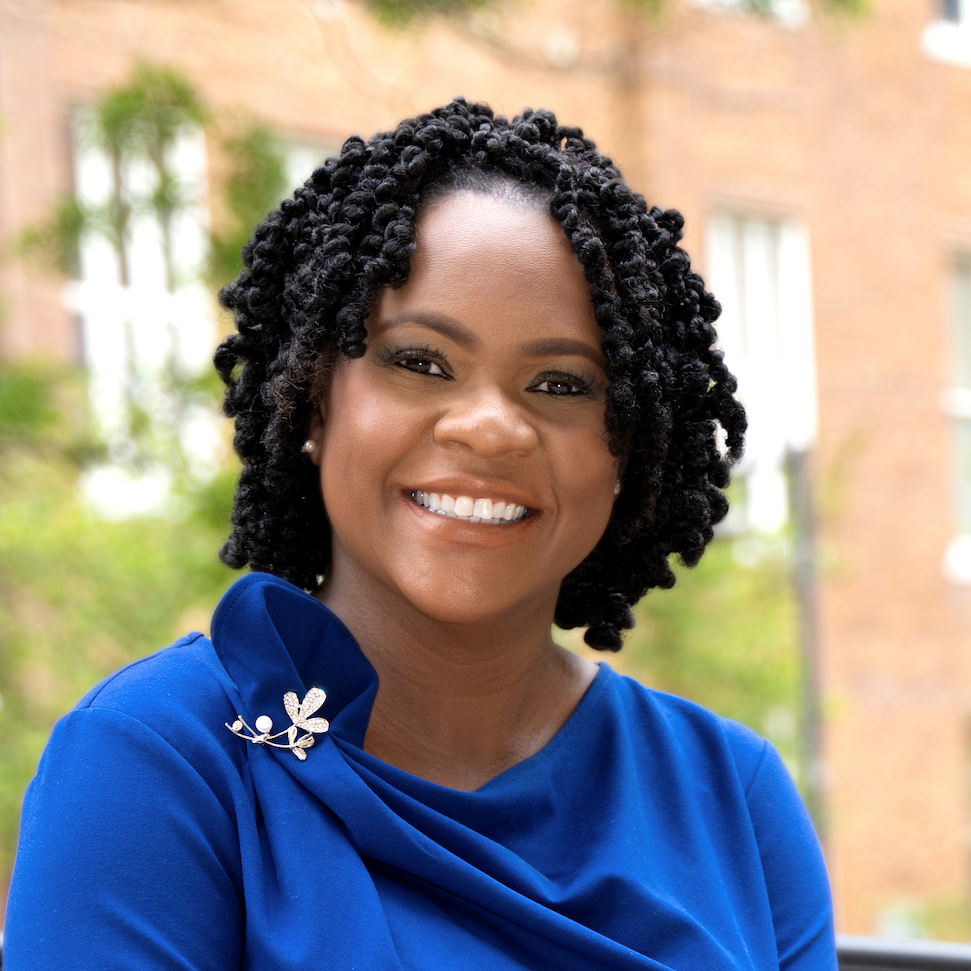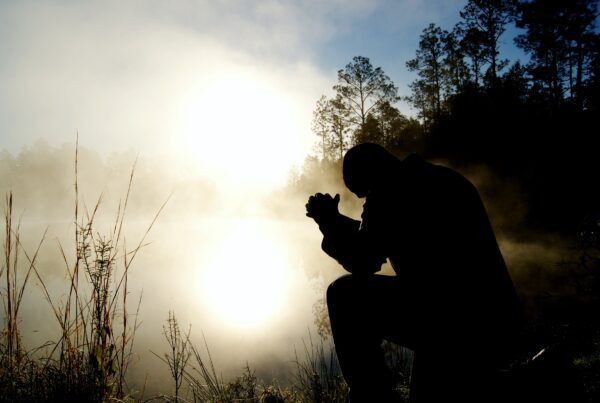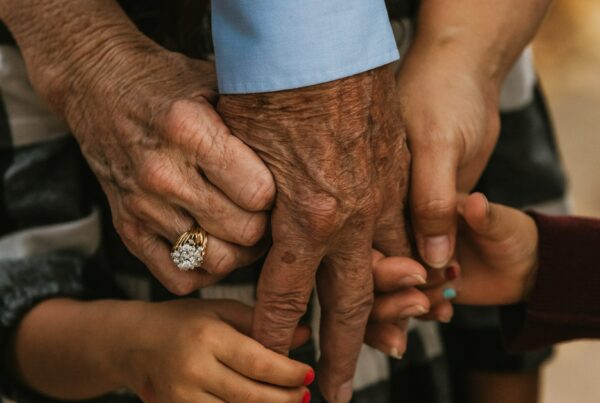This CJ blog series “Rooted: Elders, Ancestors, and Collective Memory” continues with an entry from our Masterclass faculty Dr. Yolanda Pierce.
“I had spent most of my life under the assumption that these Black church women were engaged in simple hermeneutics— specifically, a literalist reading of the biblical text. Mother Johnson would quote 1 Corinthians 11:5, reminding me that “every woman that prayeth or prophesieth with her head uncovered dishonoureth her head.” There were countless Bible study lessons about the Proverbs 31 woman: her modesty, her usefulness, her prioritizing of care for the family. We were drilled in scriptures about the wages of sin, lest we stumble and backslide. But reading Delores Williams helped me to understand that Black women are also pulling theological source material from their own lives and not just from the Christian scripture. How they understand God and holiness and modesty is rooted both in the Word and in the world.
“I started paying attention to that source material. I started paying attention to the stories of the women raising me at home and in the church. I started reading history that centered Black women’s lived experiences. And I discovered facts that challenged my simplistic understanding of their theologies. These women had worked in other people’s kitchens, homes, and laundromats to provide for their families. They had toiled in fields and in factories. And through it all, they faced sexual abuse, accusations of hypersexuality, and other forms of sexual trauma. And whether in their workplaces or in their own homes, Black women’s bodies were the constant subject of scrutiny. Hips and breasts and hair and bottoms were the subject of unwelcome touches, jokes, “evidence” of sexual prowess, and surveillance. And for some women in the Black church, modest dressing and legalistic codes became necessary for their very survival. Modesty was their attempt to displace unwanted attention from eyes that reduced them to their sexual function and that stripped from them the fullness of their humanity. I realized that I had been raised by women busily focused on my survival and their own.
“They wielded the scripture as their defense against a world in which Black women were devalued and defined by their bodies. They were trying to keep me safe from predators both in the church and outside of it. They were trying to keep me busy with tasks and responsibilities at church and in the home because they wanted me to survive. Knowing that I only had a short time under their influence, and knowing that college and life would pull me away from their teaching, these church mothers spent sixteen years instilling virtues of modesty and holiness within me. The modest clothing, the head covering I was forced to wear as a teenager that marked me as a child of the church—these screamed “Stay away!” to the teenaged boys at the corner. Even if these boys could not have articulated it, they knew from my appearance that I was a “marked” daughter of the church and that someone was looking out for me. They knew someone loved me and would fight for me.
“I was raised by church mothers who could not have protected themselves against rape in the fields of sharecroppers or assault in the offices of white men. I was raised by women who feared police intervention in their own homes and therefore had no means of defense against predatory fathers and brothers and uncles. And so they taught me to deflect attention away from my body in hopes that I would be left alone and allowed to grow up undisturbed. They did what they knew to do, using the coping strategies their own mothers and grandmothers had taught them. Even as they chastised me for the length of my skirts, they prayed a hedge of protection around me and anointed me with oil.
“These church mothers vocalized only one part of the message to the group of girls growing up under their watch: Cover yourself. But returning to that Holiness church as an adult, I could hear the whole message, the words that went unvoiced by Mother Johnson and the others: Cover yourself, because this world eats up little Black girls, and I want to spare you from some of the pain I know all too well. I did not know then, and I do not know now, Mother Johnson’s personal story. In the narcissism of adolescence, I never bothered to ask her about her own life. I am now left grappling with only the few facts I can recall, including the startling remembrance that she had no husband or children of her own in a congregation filled with families. Like my own grandmother, she was Southern born and a refugee who fled Jim and Jane Crow. I’ll never know what drove her to take on me and other girls in the church as her special projects. I can only sit with the knowledge that the road could not have been easy for her.
“In a world that has no love for impoverished Black women, she had survived, and she was trying to pass on some of her survival skills to us. I spent years resenting a theology that seemed so overbearing and shaming, a theology rooted in hiding the body and crucifying the flesh. But the very fact of my survival—of my thriving—is connected to the love, care, and wisdom of women who knew harsh truths about the world they wanted to spare me from learning firsthand.
Content taken from In My Grandmothers House by Dr. Yolanda Pierce, ©2020. Used by permission of Broadleaf Publishing.

Dr. Yolanda Pierce is Professor and Dean of the Howard University School of Divinity. She is a scholar of African American religious history, womanist theology, race and religion, and an alumna of Princeton University and Cornell University. Pierce served as the founding director of the Center for the Study of African American Religious Life at the Smithsonian National Museum of African American History & Culture. A widely published author, Pierce’s newest book, In My Grandmother’s House: Black Women, Faith, and the Stories We Inherit, was released in February 2021. She is a native New Yorker, mentor, public theologian, community activist, cable news commentator, member of Alpha Kappa Alpha Sorority, Inc., and ordained minister. Follow her on Twitter, her digital home: @YNPierce.
This entry is part of our blog series “Rooted: Elders, Ancestors, and Collective Memory”. As BIPOC communities, our faith has been deeply formed by the experiences of our people. Our communities have developed ways of knowing and understanding God through suffering, lament, joy, and hope. Our stories, narratives, and faith practices developed over generations are rooted in context, cultural values, and the struggle for justice. Let’s learn from one another and develop a collective memory that leads to a prophetic imagination.
The views and opinions expressed on the Chasing Justice Blog are those of the authors and do not necessarily reflect the official policy or position of Chasing Justice. Any content provided by our bloggers or authors are of their opinion and are not intended to malign any religion, ethnic group, club, organization, company, individual or anyone or anything.








